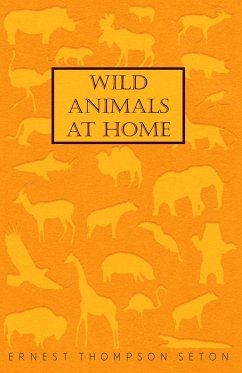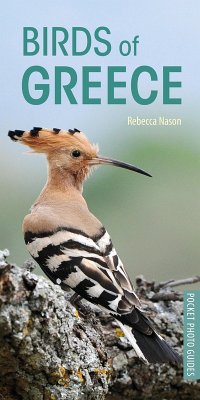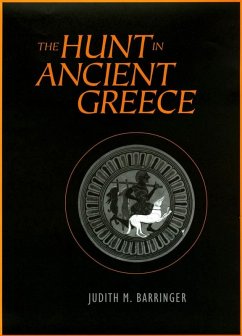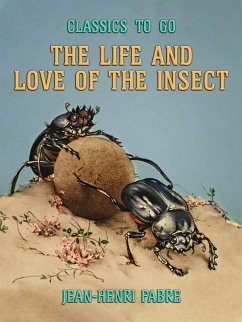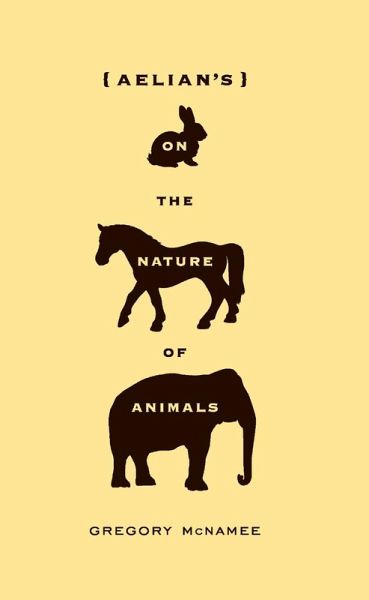
Aelian's On the Nature of Animals (eBook, ePUB)

PAYBACK Punkte
3 °P sammeln!
Not much can be said with certainty about the life of Claudius Aelianus, known to us as Aelian. He was born sometime between A.D. 165 and 170 in the hill town of Praeneste, what is now Palestrina, about twenty-five miles from Rome, Italy. He grew up speaking that town's version of Latin, a dialect that other speakers of the language seem to have found curious, but-somewhat unusually for his generation, though not for Romans of earlier times-he preferred to communicate in Greek. Trained by a sophist named Pausanias of Caesarea, Aelian was known in his time for a work called Indictment of the Ef...
Not much can be said with certainty about the life of Claudius Aelianus, known to us as Aelian. He was born sometime between A.D. 165 and 170 in the hill town of Praeneste, what is now Palestrina, about twenty-five miles from Rome, Italy. He grew up speaking that town's version of Latin, a dialect that other speakers of the language seem to have found curious, but-somewhat unusually for his generation, though not for Romans of earlier times-he preferred to communicate in Greek. Trained by a sophist named Pausanias of Caesarea, Aelian was known in his time for a work called Indictment of the Effeminate, an attack on the recently deceased emperor Marcus Aurelius Antoninus, who was nasty even by the standards of Imperial Rome. He was also fond of making almanac-like collections, only fragments of which survive, devoted to odd topics such as manifestations of the divine and the workings of the supernatural. His De Natura Animalium (On the Nature of Animals) has a similar patchwork quality, but it was esteemed enough in his time to survive more or less whole, and it is about all that we know of Aelian's work today. A mostly randomly ordered collection of stories that he found interesting enough to relate about animals-whether or not he believed them-Aelian's book constitutes an early encyclopedia of animal behavior, affording unparalleled insight into what ancient Romans knew about and thought about animals-and, of particular interest to modern scholars, about animal minds. If the science is sometimes sketchy, the facts often fanciful, and the history sometimes suspect, it is clear enough that Aelian had a fine time assembling the material, which can be said, in the most general terms, to support the notion of a kind of intelligence in nature and that extends human qualities, for good and bad, to animals. His stories, which extend across the known world of Aelian's time, tend to be brief and to the point, and many return to a trenchant question: If animals can respect their elders and live honorably within their own tribes, why must humans be so appallingly awful? Aelian is as brisk, as entertaining, and as scholarly a writer as Pliny, the much better known Roman natural historian. That he is not better known is simply an accident: he has not been widely translated into English, or indeed any European language. This selection from his work will introduce readers to a lively mind and a witty writer who has much to tell us.
Dieser Download kann aus rechtlichen Gründen nur mit Rechnungsadresse in A, D ausgeliefert werden.






